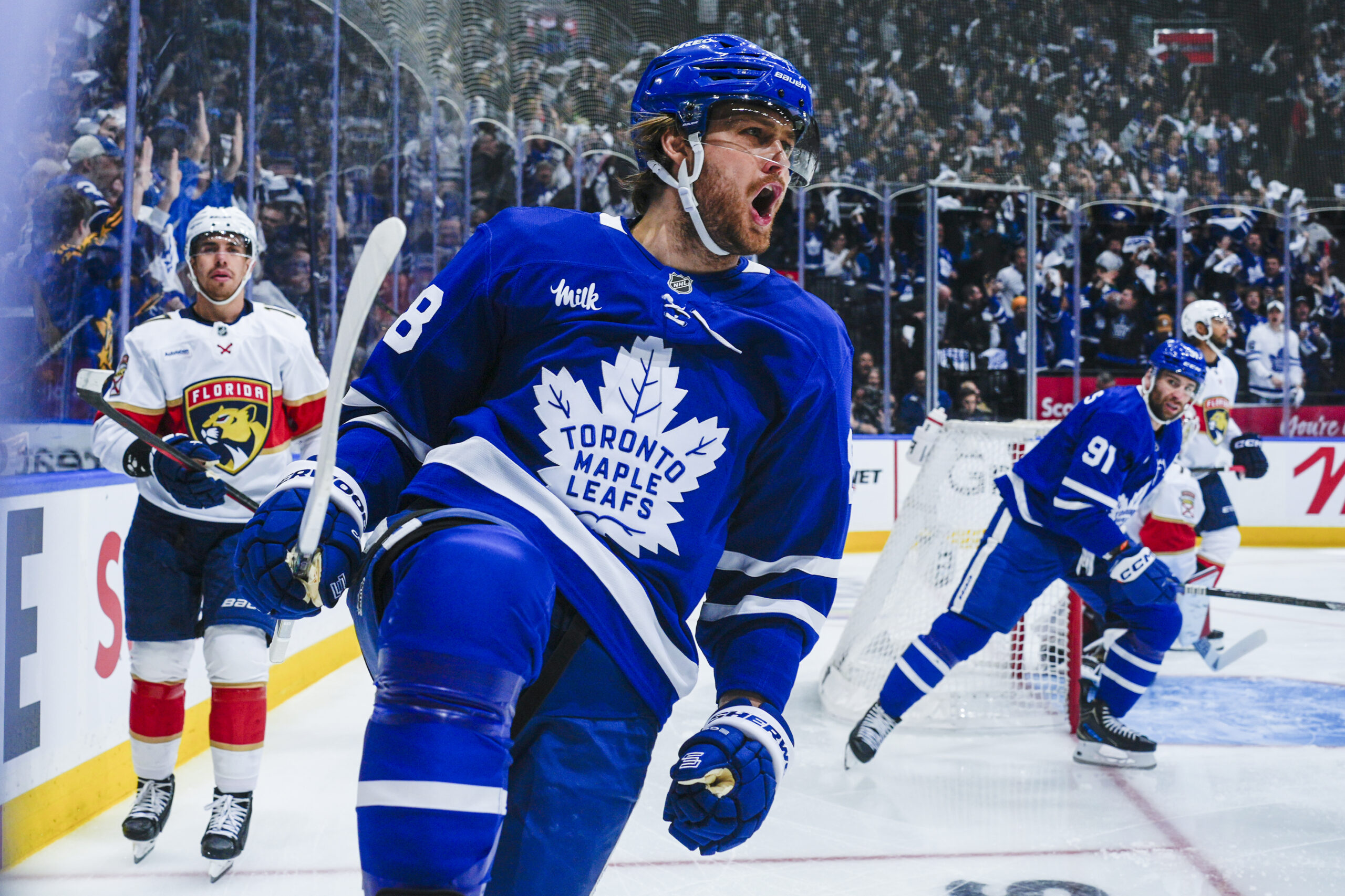

The Toronto Maple Leafs, despite consistently high expectations, haven't hoisted the Stanley Cup since 1967. As the 2025-26 season approaches, the burning question remains: what's truly holding them back? Several factors contribute to this persistent challenge, ranging from roster composition to past management decisions.
One of the most significant recent changes is the departure of Mitch Marner, traded to the Vegas Golden Knights. Marner's skill, speed, and hockey IQ made him a dominant force, and his absence leaves a considerable void in the Leafs' offense and special teams. Finding a replacement who can deliver similar production and leadership is a daunting task for General Manager Brad Treliving. The team may need to replicate a bold trade from the past to find a player who can step up in crucial moments, like Pete Babando's acquisition by the Detroit Red Wings in 1949, which led to a Stanley Cup.
With Marner gone, the Maple Leafs' power play is expected to take a hit. The team's success in recent years was largely due to the "core four" players, including Marner, who consistently ranked among the league's best power-play units. Without his playmaking abilities, the power play may become disjointed and ineffective. Auston Matthews may need to evolve into more of a playmaker to compensate for Marner's absence, potentially leading to a decrease in his goal-scoring.
The Leafs' struggles aren't solely due to Marner's departure. Some observers suggest that the team's performance has been heavily reliant on Auston Matthews; when he's off the ice, the offense tends to falter, and secondary scoring becomes scarce. While William Nylander has shown promise, the team needs more consistent contributions from other players.
The team's depth and the performance of its bottom-six forwards are also areas of concern. While the Leafs have acquired players like Maccelli, Joshua, and Roy, their success depends on these players meeting or exceeding expectations. Some analysts believe that the Maple Leafs may have taken a step back this year and are no longer among the top tier of Stanley Cup contenders.
Past management decisions continue to haunt the team. Some fans still lament the trade of Nazem Kadri, who provided valuable secondary scoring and grit. The return the Leafs received in that trade has not lived up to expectations, and the team has struggled to find a suitable replacement for Kadri's contributions. Similarly, the Ryan O'Reilly trade is viewed by some as a failure, as the team gave up valuable assets for a short-term rental that did not result in a deep playoff run.
Despite these challenges, there are reasons for optimism. Coach Craig Berube has implemented a north-south defensive style that has shown promise. The team finished the 2024-25 season with a 52-26-4 record, finishing first in the Atlantic Division. The goaltending duo of Anthony Stolarz and Joseph Woll proved capable of handling a larger workload. The Leafs also showed resilience in the playoffs, battling through adversity and finding ways to win.
Ultimately, the Toronto Maple Leafs' success hinges on addressing their offensive void, improving their depth scoring, and maintaining a strong defensive structure. Whether they can overcome these challenges remains to be seen, but the upcoming season will undoubtedly be a critical test for the team and its management.